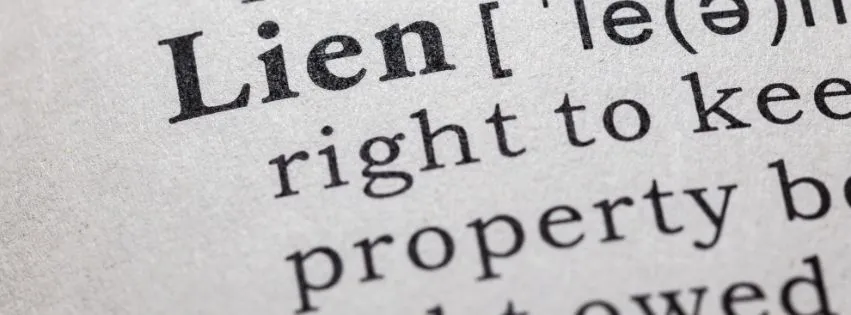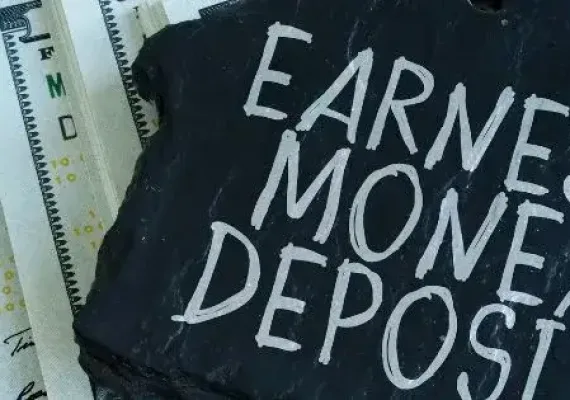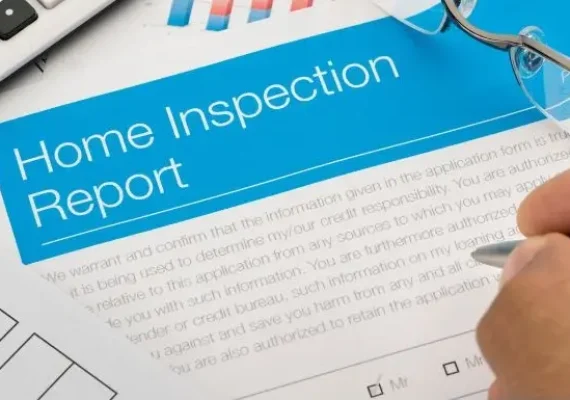Have you ever wondered what exactly you’re getting when you buy a property? The answer lies in the mysterious world of real estate titles. These legal documents are the key to understanding property ownership, but they can be confusing for many.
In this article, we’ll demystify real estate titles, exploring their types, components, and importance. So, are you ready to unlock the secrets of property ownership? Let’s dive in!
What is a Real Estate Title?
A real estate title is like a book of secrets about a property. It’s not a physical document you can hold, but rather a concept that represents the legal right to own, use, and dispose of a property. Think of it as your golden ticket to the property world. But what exactly does it include?

Types of Real Estate Titles
Just like there are different flavors of ice cream, there are various types of real estate titles. Let’s explore the most common ones:
Fee Simple
This is the cream of the crop when it comes to property ownership. Fee simple titles give you the most complete ownership rights. You can do pretty much anything you want with the property (within legal limits, of course). It’s like having the keys to the kingdom!
Leasehold
Imagine renting a property for a really, really long time. That’s essentially what a leasehold title is. You have the right to use the property for a specific period, but you don’t actually own the land. It’s common in places like Hawaii and in some commercial real estate scenarios.
Life Estate
This is a unique type of title where you own the property only for the duration of your life or someone else’s life. It’s like a ticking clock on property ownership. Once the specified person passes away, the property transfers to someone else.
Components of a Real Estate Title
Now that we know the types, let’s break down what makes up a real estate title:
Deed
The deed is the star of the show. It’s the legal document that transfers ownership from one party to another. Think of it as the baton in a relay race of property ownership.
Property Description
This is where things get specific. The property description outlines the exact boundaries and location of the property. It’s like a treasure map, but instead of X marking the spot, you get precise measurements and landmarks.
Chain of Title
Ever wondered who owned your property before you? The chain of title has all the juicy details. It’s a historical record of all previous owners, like a family tree for your property.

Common Title Issues
Owning property isn’t always smooth sailing. Here are some common hiccups you might encounter:
Liens
These are like unwanted guests at your property party. Liens are claims against the property for unpaid debts. They can be from unpaid taxes, contractors, or even judgments from lawsuits.
Encroachments
Imagine your neighbor’s fence creeping onto your property. That’s an encroachment. It’s when someone else’s property (or a part of it) intrudes on yours.
Easements
These are like VIP passes for others to use part of your property. For example, a utility company might have an easement to access power lines on your land.
The Importance of Title Searches
Before you buy a property, it’s crucial to do a title search. It’s like doing a background check on the property. A title search can uncover any skeletons in the closet, like liens or disputes, that could cause problems down the road.

Title Insurance: A Safety Net
Ever heard the saying “better safe than sorry”? That’s where title insurance comes in. It protects you from financial loss if any title defects pop up after you’ve bought the property. Think of it as a superhero cape for your property investment.
How to Clear a Clouded Title
A clouded title is like a foggy windshield – it obscures your view and can be dangerous. To clear it, you might need to pay off liens, resolve boundary disputes, or even go to court. It’s not always easy, but it’s necessary for clean ownership.
The Role of Title Companies
Title companies are like the detectives of the real estate world. They investigate the property’s history, perform title searches, and often provide title insurance. They’re your partners in making sure your property purchase is secure.
Understanding Title Transfers
Transferring a title is like passing the baton in a relay race. It involves legal documents, usually a deed, and often requires recording with local government offices. It’s a crucial step in any property transaction.
Real Estate Titles in Different Countries
Property ownership isn’t the same everywhere. Some countries don’t even have private property ownership! Understanding these differences is crucial if you’re thinking about buying property abroad.
Digital Transformation in Real Estate Titles
The digital age is changing everything, including real estate titles. Some places are exploring blockchain technology for property records. Imagine having your property title stored securely in the cloud!
Legal Aspects of Real Estate Titles
Real estate law can be as complex as a spider’s web. It involves property rights, contract law, and sometimes even environmental regulations. That’s why it’s often wise to consult with a real estate attorney when dealing with property titles.
Tips for Protecting Your Real Estate Title
Protecting your title is like guarding a precious jewel. Keep all your documents safe, stay on top of property taxes, and address any issues promptly. Remember, an ounce of prevention is worth a pound of cure!
Conclusion
Real estate titles may seem mysterious, but they’re the foundation of property ownership. By understanding what they are, how they work, and potential issues to watch out for, you’re well-equipped to navigate the property world. Remember, knowledge is power – especially when it comes to one of the biggest investments you’ll ever make!
For more house buying and selling tips, consider exploring Real Estate News & Tips or subscribing to our newsletter.

FAQs
Can I do my own title search?
While it’s possible to do your own title search, it’s often complex and time-consuming. Most people prefer to use professional title companies for this task.
What's a quitclaim deed?
A quitclaim deed transfers whatever interest the grantor has in the property without making any guarantees about the title’s status.
How long does a title search usually take?
A typical title search can take anywhere from a few days to a couple of weeks, depending on the complexity of the property’s history.
Can someone steal my property title?
While rare, title fraud can happen. That’s why title insurance and regular monitoring of your property records are important.
What's the difference between a deed and a title?
A deed is a physical document that transfers ownership, while a title is the legal concept of ownership rights.







